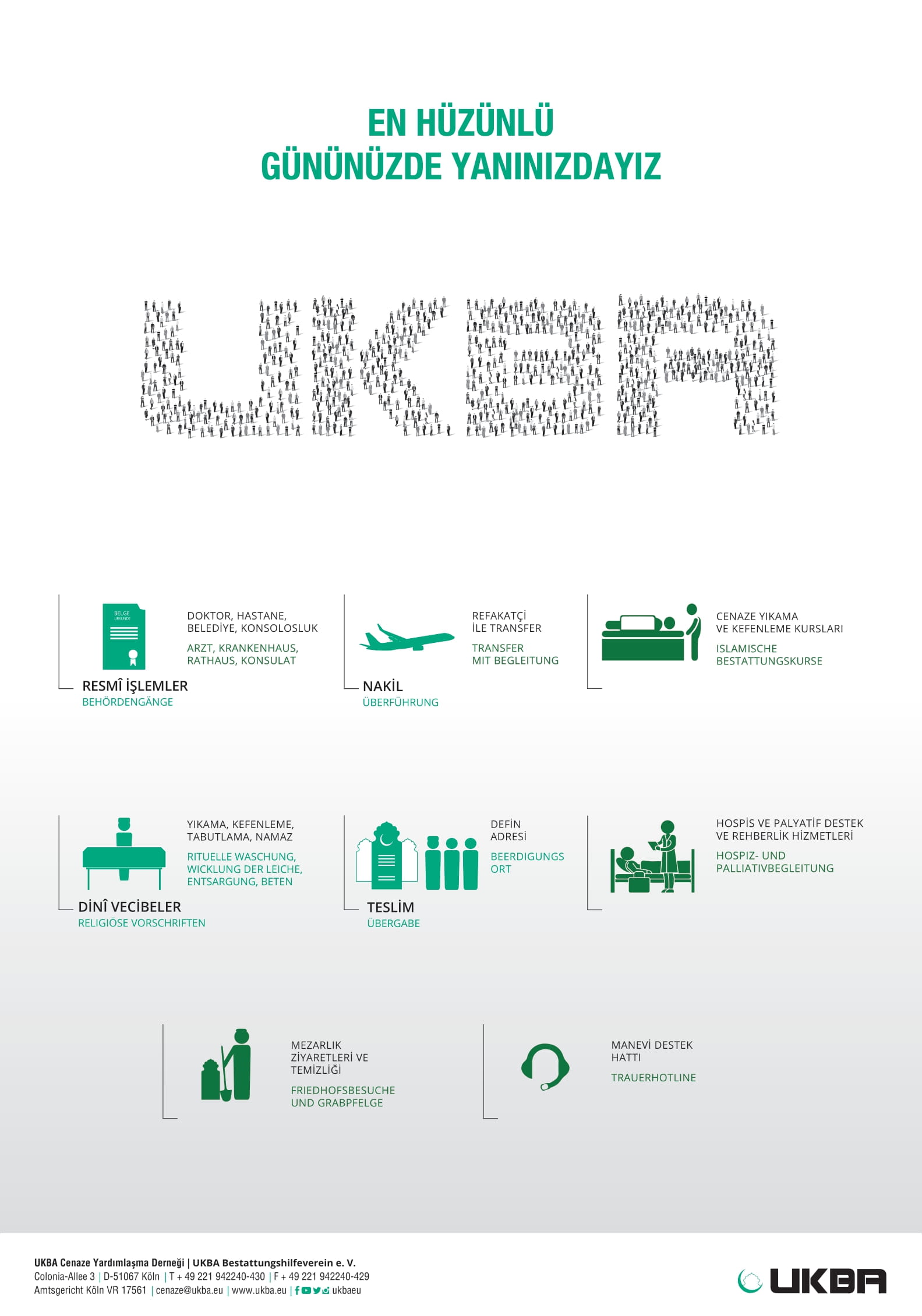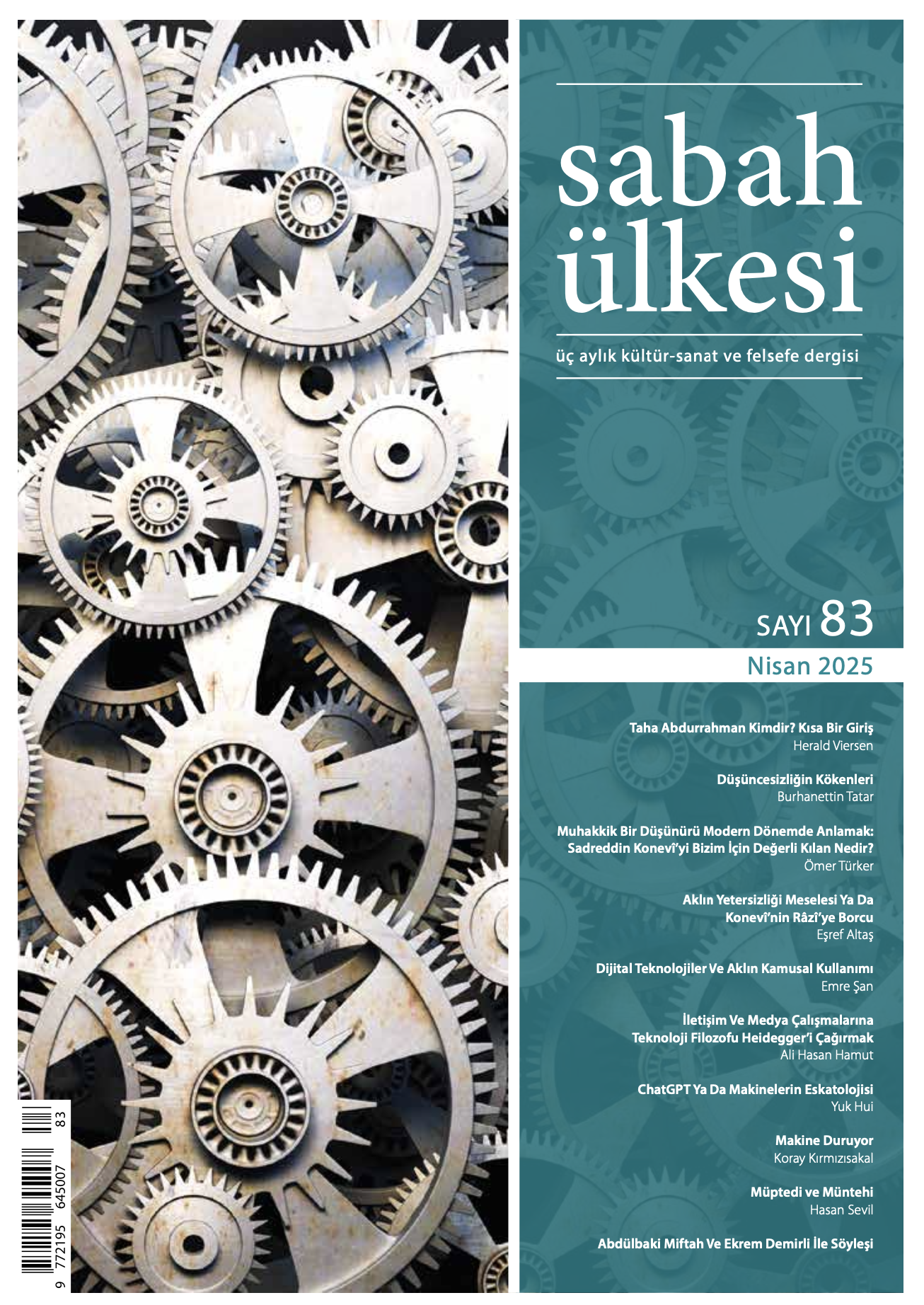Friday Khutba
Importance of Fajr Prayer
12. January 2023
Dear Brothers and Sisters!
The first worship of every new day is the fajr prayer. The fajr prayer is the most important of the five daily prayers. The following is stated in the hadith: “Whoever performs the Fajr prayer is under the protection of Allah.”[1] Therefore, Allah (swt) will not leave Muslims who pray alone in this world and in the hereafter. Among the five daily prayers, the fajr prayer has a special place. Because the fajr prayer is more difficult compared to other prayers. Because the day has not yet come to light and people are sleeping comfortably in their warm beds. In such a situation, a Muslim would say without hesitation, “Prayer is better than sleep.” They have surrendered to the call and got up for fajr prayer and made their way to the mosque.
Dear Brothers and Sisters!
Another point that draws our attention to the importance of the fajr prayer is that expressed in the following verse: “Establish prayer at the decline of the sun [from its meridian] until the darkness of the night and [also] the Qur’ān [i.e., recitation] of dawn. Indeed, the recitation of dawn is ever witnessed.”[2] The following hadith tells us about the word “witnessed” in this verse: “The angels of night and day come together at the time of the morning prayer. They testify to Muslims who get up for the morning prayer.”[3]
On the other hand, performing the morning prayers is heavy for the hypocrites. The Prophet (saw) said: “No prayer is more burdensome to the hypocrites than dawn and evening prayer. If they knew the blessing in them, they would come even if they had to crawl.” The Messenger of Allah (saw) states the following about the value of the morning prayer in the sight of Allah: “The two Rak’ah before the Fajr prayer are better than this world and all it contains.”[4]
Dear Jama’ah!
It is more virtuous to perform prayers in congregation in mosques than to pray alone. Our Prophet (saw) said, “The congregational prayer is 27 degrees (25 degrees in one narration) higher than the prayer performed by a person alone.”[5] Even being at the forefront of the congregation has virtues, as a hadith states: “If the people knew the reward for pronouncing the Adhan and for standing in the first row (in congregational prayers) and found no other way to get that except by drawing lots they would draw lots, and if they knew the reward of the Dhuhr prayer (in the early moments of its stated time) they would race for it and if they knew the reward of `Isha’ and Fajr prayers in congregation, they would come to offer them even if they had to crawl.”[6] Therefore, “Whoever performs the night prayer in congregation will receive the reward as if he had prayed until midnight. If he performs the morning prayer in congregation, he will receive the reward as if he had spent the whole night praying.”[7]
Dear Brothers and Sisters!
The Companions attached great importance to the fajr prayer. As a matter of fact, Omar (ra) could not see Suleiman ibn Abu Hasme (ra) during a fajr prayer. While walking towards him to stop by his house, he came across his mother Shifa Ummu Suleyman (r. anha) on the way. He said to her, “I couldn’t see Süleyman at the fajr prayer.” Suleiman (ra)’s mother said that her son fell asleep because he was praying at night and could not attend the morning prayer. Thereupon, Omar (ra) said, “Going to the congregation for the morning prayer is better than praying all night.” He said and stated that he did not find this situation right. We understand from this that praying in congregation, especially performing the morning prayer in congregation, keeps the community alive, plays a major role in the education of being a congregation and in the construction of the Muslim identity.
May Allah (swt) make us one of his believing servants who act with this message in mind and take care in performing the fajr prayer in congregation. Ameen
[1] Müslim, Sahih, 3/394, H. No: 1051
[2] Surah Al-Isra, 17:78
[3] Buhârî, Sahih, Ezan, 3/38, H. No: 612
[4] Müslim, Sahih, Müsâfirîn, 2/160, H. No: 1721
[5] Buhârî, Sahih, Ezan, 30; Müslim, Sahih, Mesâcid, 245, 250
[6] Buhârî, Sahih, Ezân 9, 32, Şehâdât 30; Müslim, Sahih, Salât 129; Tirmizî, Sünen, Mevâkit 52; Nesâî, Sünen, Mevâkit 22, Ezân 31
[7] Buhârî, Sahih, Ezan, 34; Müslim, Sahih, Mesâcid, 260

















